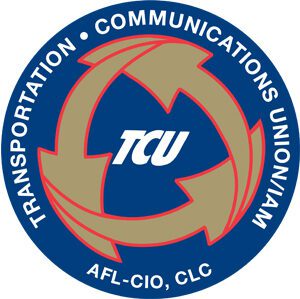The U.S. Supreme Court has issued its decision in BNSF v. Loos. In a 7-2 decision written by Justice Ginsburg, the Court found that a railroad’s payment to an employee as pay for time lost due to an on-the-job injury is taxable “compensation” under the Railroad Retirement Tax Act (RRTA). Historically, these payments were always considered compensation under the RRTA and that was the government’s position to the Court. In addition, it should be noted that the Railroad Retirement Act explicitly defines pay for time lost as compensation for benefits purposes. According to the Office of the Labor Member for the U.S. Railroad Retirement Board, if that pay had been found to not be taxable, it would have created an unfunded liability.
“This is a good decision for railroad workers; simply put, appropriate taxes on compensation are necessary to sustain our railroad retirement system,” said TCU President Robert Scardelletti.
As background, Michael Loos sued BNSF under the Federal Employers’ Liability Act (FELA) for injuries he received while working at BNSF’s railyard. A jury awarded him $126,212.78, ascribing $30,000 of that amount to wages lost during the time Loos was unable to work. BNSF asserted that the lost wages constituted compensation taxable under the RRTA and asked to withhold $3,765 of the $30,000 to cover Loos’s share of the RRTA taxes. The District Court for the District of Minnesota and the Court of Appeals for the Eighth Circuit rejected the requested offset, holding that an award of damages compensating an injured railroad worker for lost wages is not taxable under the RRTA. The U.S. Supreme Court reversed the Eighth Circuit’s decision and remanded the case back to the Eighth Circuit for proceedings consistent with the Court’s holding in BNSF v. Loos.
Click here to read the decision

